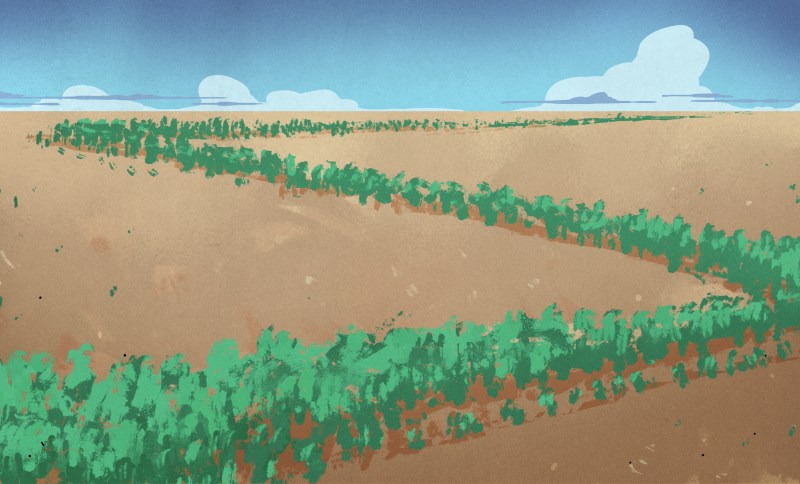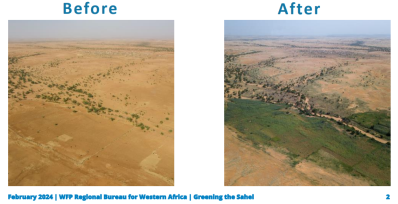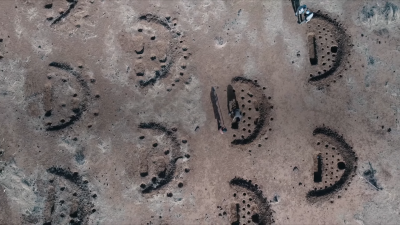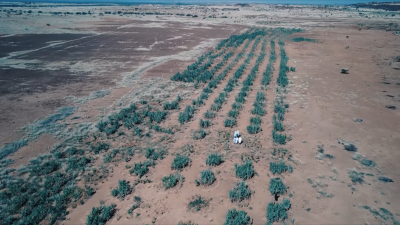Absolutely scathing dissection of what’s gone wrong at Google Search, by Ed Zitron for his newsletter/blog:
In an interview with FastCompany’s Harry McCracken from 2018, Gomes framed Google’s challenge as “taking [the PageRank algorithm] from one machine to a whole bunch of machines, and they weren’t very good machines at the time.” Despite his impact and tenure, Gomes had only been made Head of Search in the middle of 2018 after John Giannandrea moved to Apple to work on its machine learning and AI strategy. Gomes had been described as Google’s “search czar,” beloved for his ability to communicate across departments.
Every single article I’ve read about Gomes’ tenure at Google spoke of a man deeply ingrained in the foundation of one of the most important technologies ever made, who had dedicated decades to maintaining a product with a — to quote Gomes himself — “guiding light of serving the user and using technology to do that.” And when finally given the keys to the kingdom — the ability to elevate Google Search even further — he was ratfucked by a series of rotten careerists trying to please Wall Street, led by Prabhakar Raghavan.
Do you want to know what Prabhakar Raghavan’s old job was? What Prabhakar Raghavan, the new head of Google Search, the guy that has run Google Search into the ground, the guy who is currently destroying search, did before his job at Google?
He was the head of search for Yahoo from 2005 through 2012 — a tumultuous period that cemented its terminal decline, and effectively saw the company bow out of the search market altogether. His responsibilities? Research and development for Yahoo’s search and ads products.
Long story short, Ben Gomes was a search guy who’d been at Google since 1999, before they even had any ads in search results. He was replaced by Prabhakar Raghavan, who previously was Head of Ads at the company. So instead of there being any sort of firewall between search and ads, search became a subsidiary of ads.
Zitron’s compelling narrative is largely gleaned through emails released as part of the DOJ’s antitrust case against Google. Is the story really that simple? That around 2019 or so Google Search’s institutional priorities flipped from quality-first/revenue-second, to revenue-first/quality-second? It might be more complicated than that, but the timeline sure does add up.
And as a truism this feels right: if content reports to ads, content will go to hell. Publications, TV networks, operating systems, search engines — no matter the medium, you can’t let the advertising sales inmates run the asylum.













